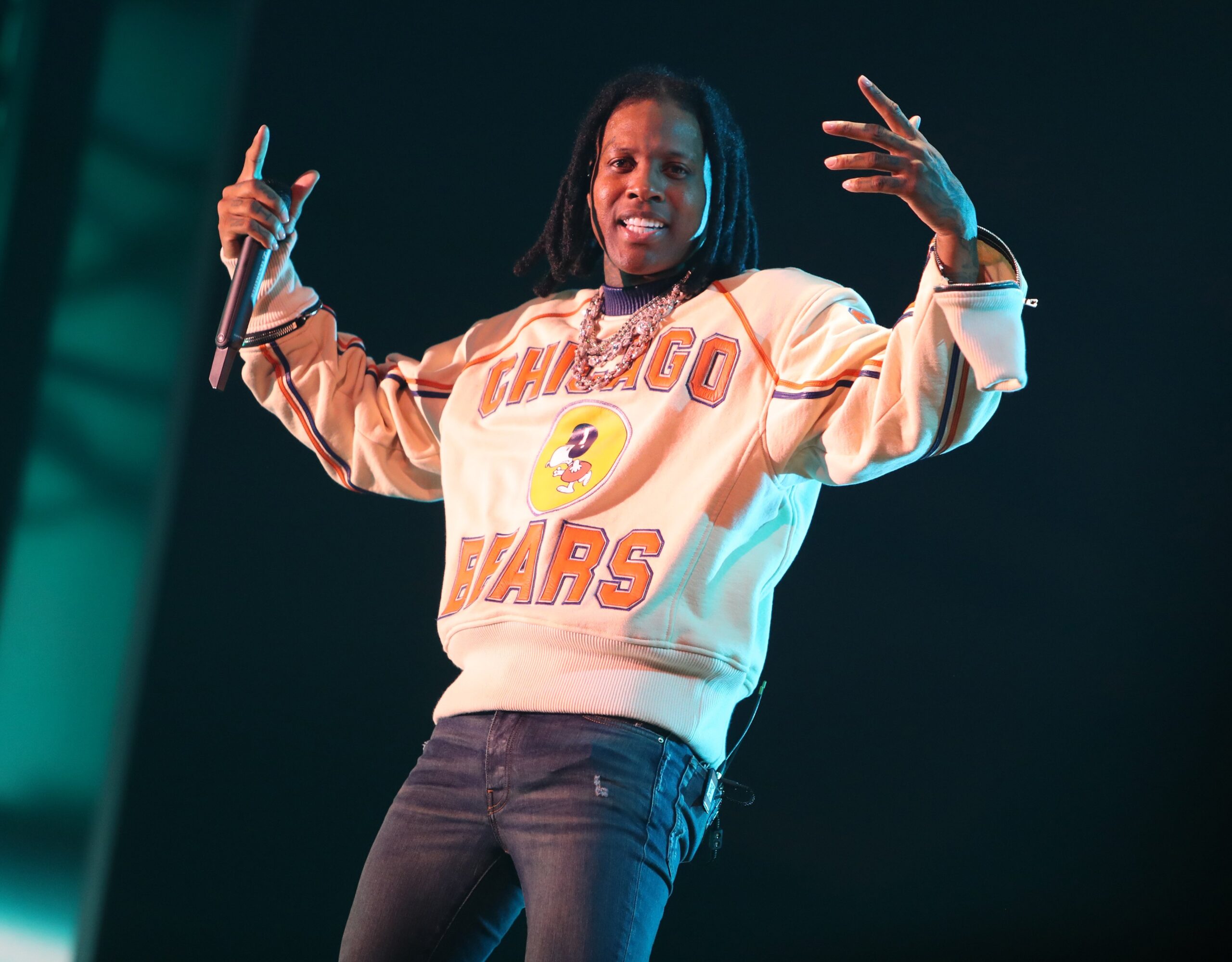By Jordan EdwardsThe big question when Lil Durk took the Amazon Music Live stage on Thursday was who might join him during the show. Would “All My Life” feature an appearance by J. Cole? Would 21 Savage walk out for “War Bout It?” While neither of those happened, a few big name guests elevated the […]

